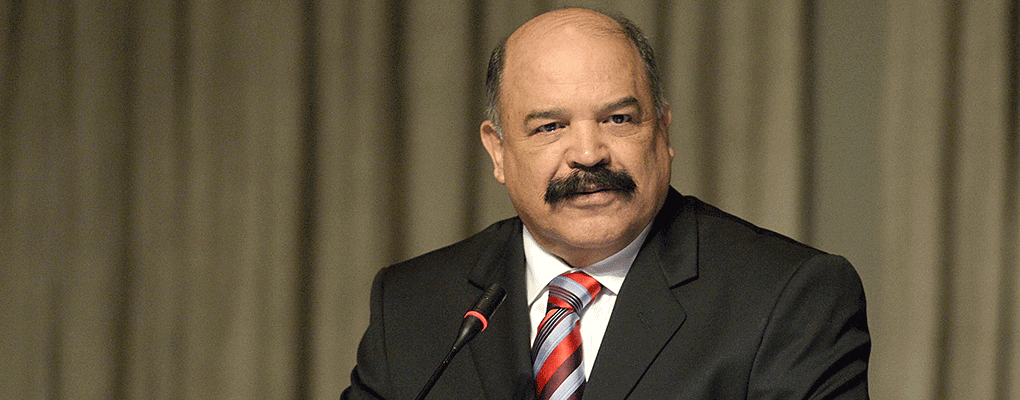
Venezuela’s Central Bank has filed a complaint in the US against financial news website DolarToday. Based in the US state of Alabama, the website has become known for providing market pricing information of the cost of Venezuelan currency, the bolivar. As a result it has been accused cyber terrorism and sowing economic disruption in the beleaguered South American nation.
Venezuela is currently in the midst of an economic crisis, with its currency in free fall
Venezuela is currently in the midst of an economic crisis, with its currency in free fall. The country’s economy, tightly controlled by the state, has a bewildering system for the pricing of its currency, making use of a three-tier system, in an attempt to subsidise imports with preferable exchange rates.
The result of this heavily controlled exchange rate and plummeting actual market value of the currency has sent many Venezuelans to the black market. DolarToday, as a result, has become one of the few places providing accurate market price of Venezuelan bolivars. Although the website itself is banned in the country, many are able to circumvent state censors through twitter or proxy websites.
The vast discrepancy between the actual market exchange rate of the bolivar and that set by the state is shown by the fact that, on October 23 2015, the price of bolivars to the dollar was 820 to one, while the three-tier system of the Venezuelan central bank had its official rates of 6.3, 13.5 and 200 bolivars to the dollar.
In the complaint DolarToday is accused of ““a form of cyberterrorism to wreak…economic and reputational harm on the Central Bank.” In a statement, Adam Fox, an attorney with US law firm Squire Patton Boggs, acting as the banks legal representation in the US said that “Arbitrarily manufacturing currency exchange rates creates further turmoil in a country that is working to overcome the obstacles it already faces in sustaining its economy,” and that by “seeking to manipulate global markets by subverting government fiscal policy, DolarToday unlawfully hinders Venezuela’s ability to manage its economic affairs.”


